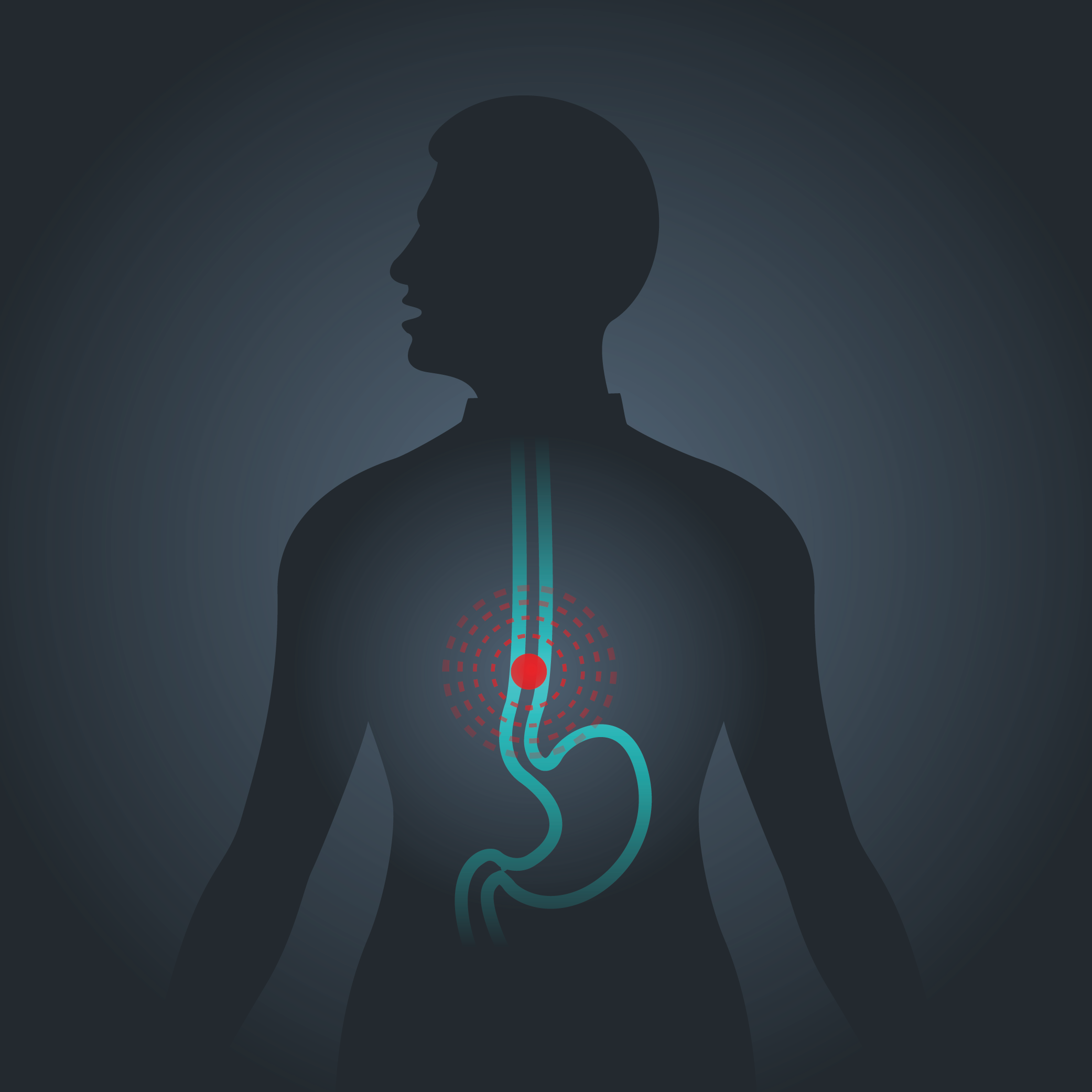Tislelizumab Prolongs OS in Treatment Naïve Patients With Advanced/Metastatic ESCC
In RATIONALE 306, tislelizumab plus chemotherapy extended overall survival in patients with previously untreated unresectable, locally advanced, recurrent, or metastatic esophageal squamous cell carcinoma.

The anti-PD-1 immune checkpoint inhibitor (ICI) tislelizumab (BGB-A317) given in combination with chemotherapy lead to a significant improvement in overall survival (OS) compared to chemotherapy alone in patients with previously untreated unresectable, locally advanced, recurrent, or metastatic esophageal squamous cell carcinoma (ESCC), according to an update from the phase 3 RATIONALE 306 study (NCT03783442).1
The findings announced in a press release by Novartis indicate that the OS benefit with the addition of tislelizumab to chemotherapy was irrespective of PD-L1 expression. The results will be shared with regulatory authorities and presented at an upcoming medical meeting.
RATIONALE 306 is a randomized, placebo-controlled, double-blind study that is evaluating the efficacy and safety of tislelizumab plus chemotherapy in 649 patients with advanced or metastatic ESCC.2
In the tislelizumab arm, patients in the study receive 200 mg of the anti-PD-1 ICI every 3 weeks (Q3W). In addition, patients in the tislelizumab arm receive a chemotherapy combination consisting of:
- cisplatin at 60 to 80 mg/m2 via intravenous (IV) infusion on day 1 Q3W
- capecitabine 1000 mg/m2 orally (PO) twice daily (BID) on days 1 to 14 Q3W
- paclitaxel175 mg/m2 IV on Day 1 Q3W
- fluorouracil 750 to 800 mg/m2 IV continuous infusion over 24 hours daily on Days 1 to 5 Q3W oxaliplatin30 mg/m2 IV on Day 1 Q3W.
In the comparator arm, patients receive matching placebo and chemotherapy.
The coprimary end points under investigation in the study are progression-free survival and OS. The secondary end points are objective response rate, duration of response, health-related quality-of-life, the number of patients with adverse events (AEs), and the number of patients with serious AEs.
Eligible patients for the study were those with histologically confirmed diagnosis of ESCC and stage IV unresectable ESCC at first diagnosis OR unresectable, locally advanced recurrent or metastatic disease with a treatment free interval of at least 6 months after definitive treatment. The study excluded individuals who had palliative radiation treatment for ESCC within 4 weeks of study treatment initiation, had prior systemic therapy for unresectable, locally advanced recurrent or metastatic ESCC, and received prior therapies targeting PD-1, PD-L1, and PD-L2. In terms of comorbidities, patients were not permitted to enroll given they had evidence of fistula, uncontrolled pleural effusion, pericardial effusion, or ascites requiring frequent drainage or medical intervention, evidence of complete esophageal obstruction not amenable to treatment, unintentional weight loss ≥ 5% within one month prior to randomization, locally advanced esophageal carcinoma that is resectable or potentially curable with radiation therapy, or patients with untreated chronic hepatitis B or chronic hepatitis B virus who have HBV DNA ≥ 500 IU/mL or active hepatitis C virus.
Tislelizumab is under FDA approval consideration for the treatment of patients with unresectable recurrent locally advanced or metastatic ESCC who have been previously treated. The application is supported by data from RATIONALE 302 (NCT03430843), in which tislelizumab achieved OS improvement and better response compared with chemotherapy. The FDA plans to make a decision on the biologics license application on July 12, 2022. RATIONAEL 306 may also make it possible for an approval consideration for the treatment naïve population of patients with advanced or metastatic ESCC.1,3
The European Medicines Agency is also considering approval of tislelizumab for patients with advanced or metastatic ESCC and non–small cell lung cancer.1
"People living with esophageal cancer experience painful everyday challenges and typically have a poor prognosis, with a 5-year survival rate of around five percent for metastatic cases, underscoring the urgency for more immunotherapy options,” said Jeff Legos, executive vice president, global head of Oncology & Hematology Development, in a statement. “We plan to discuss these data with health authorities, and we will continue to expand our tislelizumab clinical development program in pursuit of novel, synergistic combinations with the ultimate goal of extending survival for more patients.”
REFERENCES:
Novartis tislelizumab plus chemotherapy significantly improved overall survival as first-line treatment for advanced esophageal cancer in phase III study. News release. Novartis. April 27, 2022. Accessed April 27, 2022. https://bit.ly/3ki65rd
A study of tislelizumab (BGB-A317) in combination with chemotherapy as first line treatment in participants with advanced esophageal squamous cell carcinoma. Clinicaltrials.gov. Updated April 21, 2022. Accessed April 27, 2022. https://bit.ly/3vKrui5
BeiGene announces U.S. FDA acceptance of biologics license application for tislelizumab in esophageal squamous cell carcinoma. News release. BeiGene. September 13, 2021. Accessed April 27, 2022. https://bwnews.pr/3MACg1e









